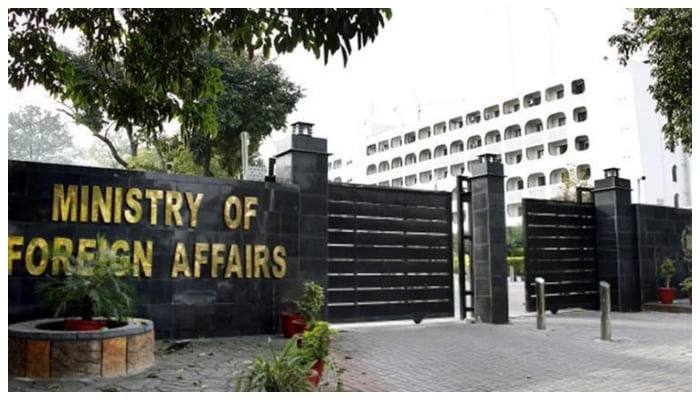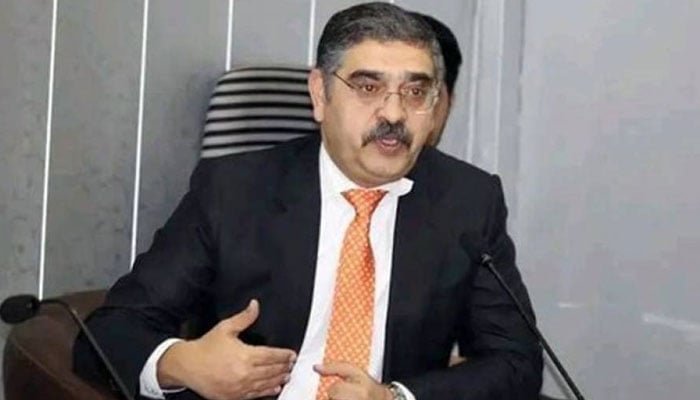In a move sparking nationwide debate, the Council of Islamic Ideology (CII) has rejected a proposed bill aimed at banning underage marriage, declaring key provisions of the legislation as un-Islamic. The decision has reignited concerns among civil society groups and human rights advocates who have long pushed for reforms to protect minors from forced and early marriages.
The meeting of the Council was chaired by Allama Dr. Raghib Hussain Naeemi, who clarified the Council’s stance, stating that setting a fixed minimum age for marriage—such as 18 years—is inconsistent with Islamic teachings and Sharia principles.
According to a statement issued after the meeting, the Council opposed the clause of the proposed bill that equates marriage below the age of 18 with rape, describing it as “contrary to Islamic jurisprudence.They also expressed objections to the associated punitive measures, which included prison sentences and legal prosecution for guardians or spouses involved in underage marriages.
Age Limits vs. Sharia Law
The Council argued that puberty and mental maturity, rather than a defined legal age, are the determining factors for marriage in Islam. They emphasized that Islamic law does not stipulate a numerical age limit and that enforcement of such legislation would infringe upon religious freedoms and Sharia interpretations.
Critics, however, argue that child marriage often leads to serious health, psychological, and socio-economic issues, particularly for young girls. They contend that such decisions by the Council hinder Pakistan’s progress toward achieving its commitments to international human rights treaties and conventions, including the Convention on the Rights of the Child (CRC) and CEDAW (Convention on the Elimination of All Forms of Discrimination Against Women).
Thalassemia Testing Proposal Also Rejected
In the same session, the Council also dismissed a separate proposal that sought to make thalassemia screening mandatory before marriage. While acknowledging the seriousness of the disease, the Council stated that compulsory testing infringes upon individual liberties and is not in line with Islamic teachings. Instead, the Council recommended making testing optional and raising public awareness to encourage voluntary participation in thalassemia screenings before marriage.
Health experts, meanwhile, have emphasized that thalassemia is a hereditary blood disorder that can be largely prevented through pre-marital testing and counseling. Countries like Iran and Cyprus have successfully implemented such programs, significantly reducing disease prevalence.
Support for Armed Forces and Government
On a different note, the Council took time during the session to congratulate the Pakistani government and military for their recent actions in what they referred to as the battle for truth.Chairman Dr. Raghib Naeemi praised the Pakistan Army for what he described as a strategic and dignified response to recent hostile provocations, although the statement did not specify the incident or provide further details.
A Divisive Decision
The rejection of the underage marriage bill has already provoked strong reactions from activists, lawmakers, and human rights groups. Many are calling for a review of the Council’s mandate, arguing that its decisions continue to obstruct progressive legislation, especially on women’s and children’s rights.
Legal experts have pointed out that provinces like Sindh have already passed laws setting the minimum marriage age at 18, and that such legislation has proven effective in reducing child marriage cases when properly enforced.
As the debate unfolds, the federal government has yet to issue a response to the Council’s recommendations. The issue is expected to resurface in parliament, where lawmakers must now weigh religious interpretations against constitutional obligations to protect children’s rights and ensure gender equality.
The Council of Islamic Ideology holds an advisory role under the Constitution of Pakistan. While its recommendations are not binding, they carry significant influence over legislative processes, especially on matters deemed religiously sensitive.
Whether the federal government chooses to accept or challenge the CII’s stance will be a defining moment for Pakistan’s legislative direction on issues of personal freedoms, public health, and human rights.



